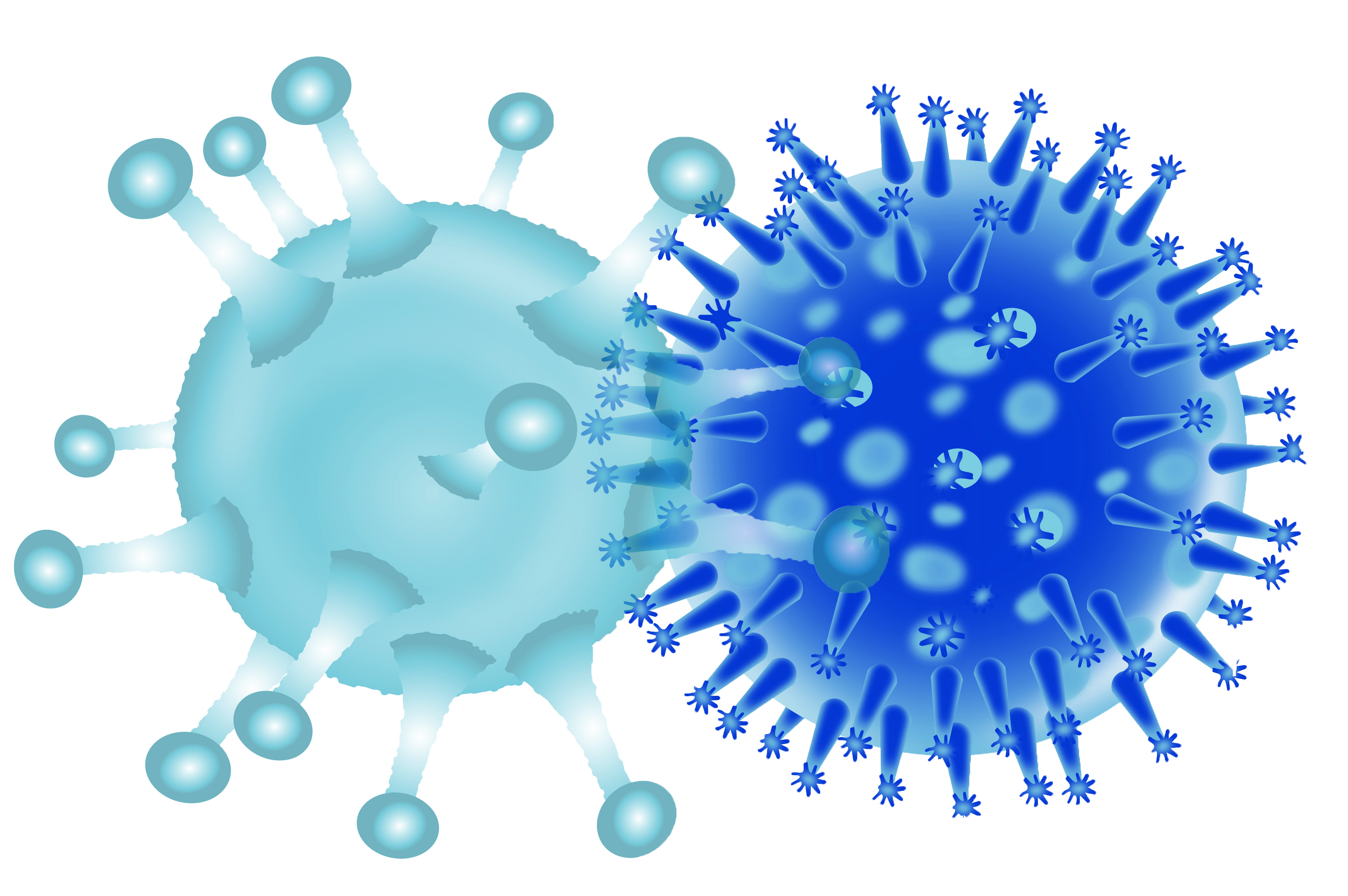Navigating the Upcoming Cold/Flu Season in the Midst of the SARS-CoV-2 (Coronavirus) Pandemic
January 4, 2021

VBS Associate Professor Zheng Xing obtained his Ph.D. in Microbiology and Immunology at Cornell University. His research career has focused on emerging viral pathogens and viral pathogenesis. He has investigated a number of viruses including avian influenza virus, a novel bunyavirus, and Zika virus, while trying to understand the mechanism of how these viruses interact with the host cells and the host responds to the virus leading to pathological consequences.
One of the most widely known viruses is the common cold, which is most prevalent seasonally in the winter months here in the United States.
When asked about his thoughts about the impact of the upcoming cold/flu season during the SARS-CoV-2 Coronavirus pandemic, Dr. Xing explains, "The COVID-19 pandemic has changed a lot of things, including the seasonal epidemic of common cold and influenza. We have seen a significantly lower prevalence of influenza virus in the beginning weeks of 2020-21 flu season in comparison to the regular years."
Recent studies have indicated that people suffering from the common cold may benefit from being less infected by, or having a milder illness after infection of, SARS-CoV-2. There might be some explanations for this. First, infection with the common cold coronavirus could produce immunity cross-reactive immunity against COVID-19. Antibodies induced by some common cold coronavirus could show neutralizing activities against SARS-CoV-2, while cell-mediated immunity triggered from the identical epitopes shared in viral proteins of both viruses could also be beneficial to patients’ recovery. Second, infection of rhinoviruses is considered to induce host resistance to SARS-CoV-2 through a mechanism called viral interference. This is the phenomena found in many other virus infections, both in human and animals. A current antiviral therapeutic project led by Pomeroy Endowed Chair and VBS Professor Carol Cardona is about using infection with Newcastle disease virus (NDV) in prevention of high pathogenic avian influenza virus in turkeys through viral interference.
It is important to not underestimate the seasonal flu in the upcoming weeks and months during the COVID-19 pandemic. People could be infected with flu virus and those in the vulnerable groups or with pre-existing conditions could have serious complications if infected. Co-infection of SARS-CoV-2 and influenza virus has been found in patients in the US. Hospitals have been overloaded and ICUs are nearly full across the country because of COVID-19. Serious ILI would further burden medical workers and hospitals and deteriorate the health system.
Dr. Xing explains that "The flu vaccination is highly recommended for individuals, especially those in the vulnerable categories or with existing conditions this season. About half the population over 6 months are immunized with flu vaccine each year in the US, which provides protection against infection, reduces the risk of illness, hospitalization, and even the risk of death."
In 2021 Dr. Xing continues his work on SFTS bunyavirus and he hopes to continue teaching the CMB graduate course "Microbiology and Mechanism of Animal Diseases," as well as the undergraduate honors seminar entitled, "Microbes and Civilization." To read the full interview, please visit the VBS website.